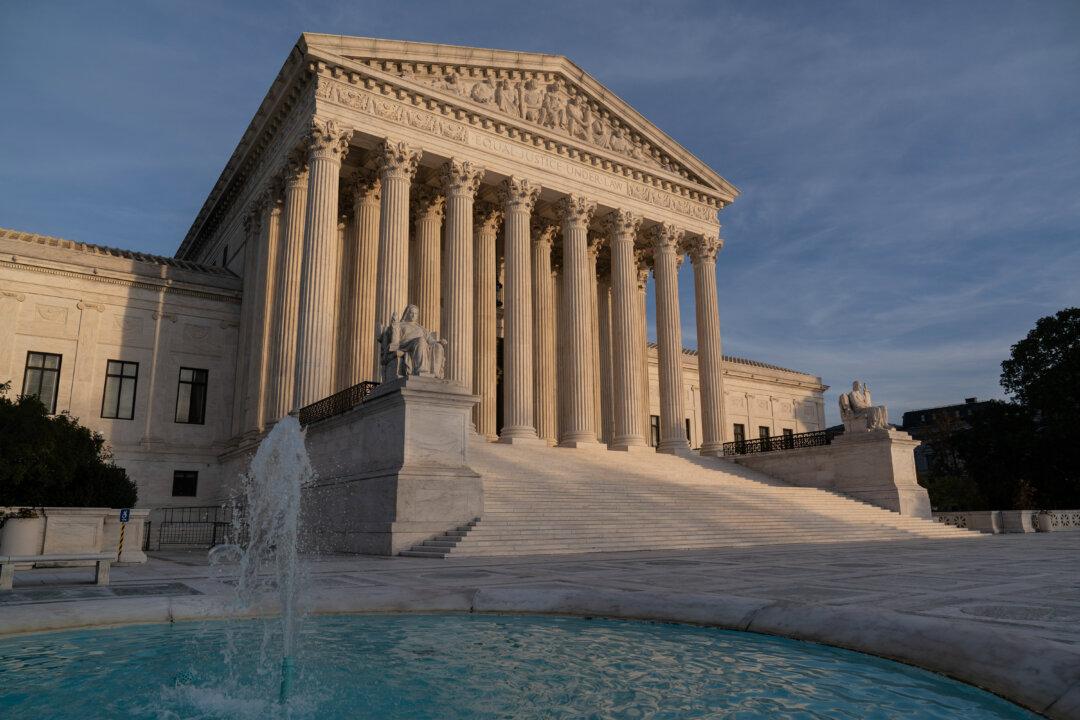The Supreme Court on March 8 dismissed former President Donald Trump’s final remaining challenge to the 2020 presidential election results, a lawsuit challenging the results in the state of Wisconsin.
At the same time, the high court also declined to hear an emergency petition for mandamus brought by pro-Trump lawyer L. Lin Wood, who, on Dec. 30, 2020, asked the court to block the Jan. 5 runoff elections for Georgia’s two U.S. Senate seats. The races were won by Democrats who unseated two incumbent Republicans, handing control of that chamber to Democrats as President Joe Biden began his term of office.





